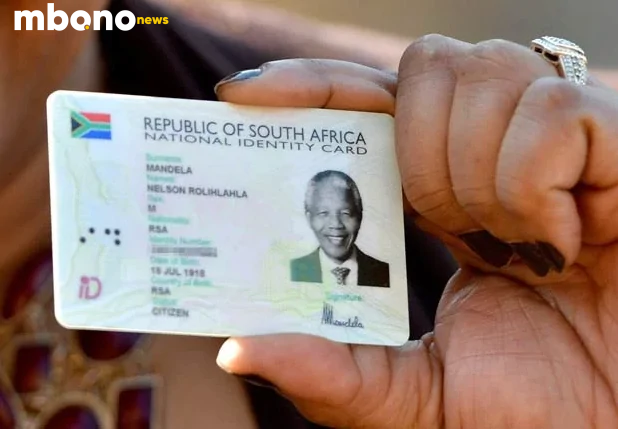At 74 years old, Doris Thamae has never held a South African identity document — and neither have her seven children. For decades, the family has lived on the margins, trapped in a bureaucratic limbo that has left them locked out of basic rights and essential services.
Without IDs, the Thamae family cannot access social grants, RDP housing, healthcare, or even formal employment. “We are alive, but we don’t exist,” one family member said, describing the devastating reality of being undocumented in their own country.
Their situation has drawn growing concern from community leaders and civil society groups, who are calling on Home Affairs to urgently intervene. The family’s case is not unique — it reflects a broader crisis affecting thousands of undocumented South Africans, especially in rural and underserved areas.
With no documentation and no clear path forward, the Thamaes remain invisible to the state, their daily struggle a silent reminder of a system that has left too many behind.
